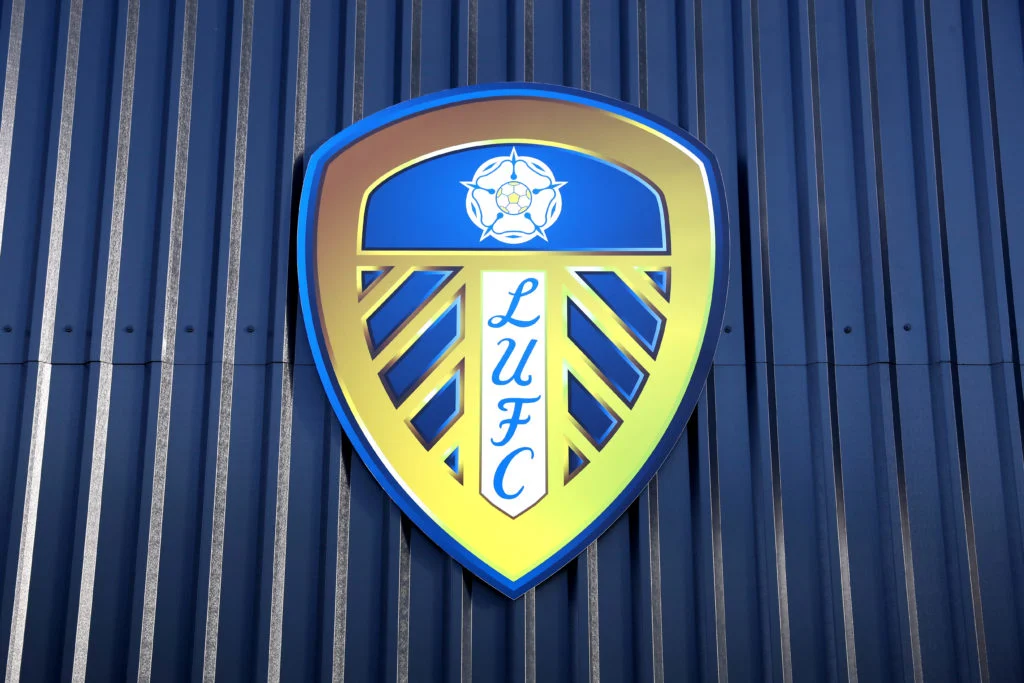What are Red Bull’s ambitions at Elland Road? That has been the question on Leeds United fans’ lips since the Austrian energy drinks giants invested in the club earlier this year.
It is a sign of how big the Leeds ‘brand’ is that their two major investors are now the investment arm of an NFL franchise worth £5.35bn and the biggest sports groups in the world.
It is easy to see why they are an attractive proposition – Leeds’ commercial income was £48m in the last financial year and, even in the Championship, they generate over £30m in matchday revenue.
The San Francisco 49ers, who bought the club from Andrea Radrizzani in July last year, have a pretty straightforward ambition at Leeds: buy low, sell high.
But Red Bull’s long-term plan is less clear.
They see sports as a brand exposure vehicle, which is why the clubs in their ownership portfolio have the ‘Red Bull’ prefix.
But they have given Leeds assurances that is not in their plans, and the incoming independent regulator for English football would likely block that move anyway.
So what is Red Bull’s goal? TBR Football spoke exclusively to Liverpool University football finance lecturer and Price of Football author Kieran Maguire to explore the question.
 Red Bull will recoup Leeds United investment in product sales
Red Bull will recoup Leeds United investment in product sales
The 49ers paid £170m to buy Leeds outright last summer having increased their investment steadily for several years.
It is not known how much equity Red Bull have in the club, only that it is a substantial minority investment.
The £8m per year Red Bull are paying Leeds for their front-of-shirt sponsorship rights would suggest that this is not a token, celebrity-endorsement style investment.
Maguire suggests that, as opposed to seeing Leeds as a capital appreciation project, Leeds are likely viewed as a platform to sell more products.
“I don’t think Red Bull are looking for a financial return on their investment in Leeds United in the short term.
“They are more concerned with building the overall Red Bull brand, its prominence and desirability as a consumer product.
“They want to generate higher sales and they think the revenue they generate there will more than cover the cost of their investment in Leeds.
“They are looking for global exposure and having such a prominent team like Leeds United in their portfolio helps in that regard.“
The latest addition to the Red Bull network and Leeds’ place within it
Including Leeds, the Red Bull football network now encompasses seven clubs in total.
The latest addition is Japanese professional third-tier club Omiya Ardija, who reports earlier this week revealed had been bought outright by Red Bull.
We understand that the deal, which Omiya Ardija have confirmed, is worth in the region of £3-4m.
The acquisition may not be the most blockbuster, but most of the clubs in Red Bull’s stable have come from relatively low starting points.
RB Leipzig, for example, have come from the fifth tier of German football to become Champions League regulars.
Why have Red Bull targeted the Japanese market specifically? And how centrally do Leeds sit in the expanding network of clubs worldwide?
Maguire said: “Red Bull want to have global influence with regards to their product line, which is very cheap to produce”.
“But in order to sell at the current price points needs to be attractive to a broad demographic of consumers.
“One way of achieving that is partnering with sports teams.
“Red Bull’s association with F1 has been highly successful and has helped to drive sales.
“Looking at the Asian market, acquiring a Japanese club makes a lot of sense given he significant amount of disposable income there is in Japan.
“This will complement rather than be a substitute for their investment in European football, which of course includes Leeds United.
Could Leeds still be due compensation from Everton?
After it emerged that Premier League clubs could launch arbitration proceedings again Man City before the outcome of their ‘115 charges’ case, many Leeds fans have been asking about the West Yorkshire club’s threat of arbitration against Everton relating to their PSR breaches in 2022-23.
It had previously been reported that Leeds had dropped the case because of the threat of administration to Everton.
However, finance expert and former Man City advisor Stefan Borson has this week said he doubts that is the case.
Maguire offered his opinion on the potential for arbitration.
“The initial rush of stories which arose following Everton’s points deduction in relation to those clubs relegated in 2022-23 appears to have evaporated.
“This could mean the clubs involved have taken appropriate legal counsel and think the current rules means they are unable to make any progress with a compensation claim.
Leave a Reply